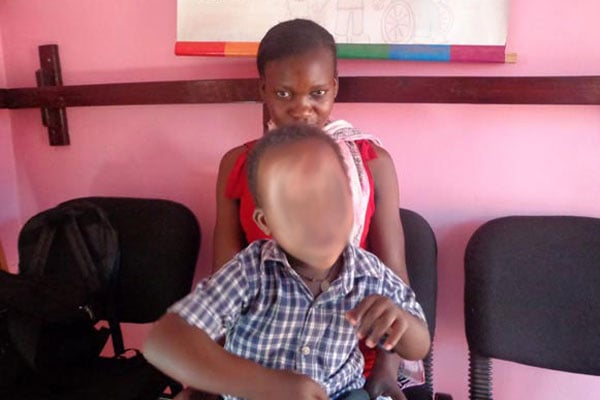Prime
Govt support still needed in addressing nodding syndrome

Annabel Oyera
What you need to know:
- A holistic approach is needed, involving collaboration between government agencies, non-profits, and the private sector
Uganda is silently grappling with the after effects of Nodding Syndrome, a condition that largely affects children.
Despite the Ministry of Health indicating that there are no newly registered cases for nodding syndrome in Northern Uganda, there are still children grappling with this condition.
In a recent news report aired on January 10, by NTV from Angagura Sub-County in Pader District, the challenges faced by parents dealing with nodding syndrome were starkly revealed. Families, like Mr George Elemu’s, have been grappling with the disease since 2007. This dire situation, as highlighted by Kilak South MP Gilbert Olanya, calls for immediate government intervention.
As some Ugandan families have also been struggling with sickle cells and 8-17 percent is the children’s death rate.
Nodding syndrome, a neurological disorder, demands urgent attention from the government. This condition presents with uncontrollable nodding among those diagnosed with the disease. Looking after a child with nodding syndrome requires a full time attendant and needs like feeding and medical follow-ups.
It is, therefore, crucial for the Ugandan government to step forward, providing comprehensive support to the affected families. The impact of nodding syndrome is not just a medical issue; it’s a poignant narrative of families facing emotional turmoil and financial strain.
More than 3,000 children have been affected in northern Uganda, with a case fatality rate of 6.7 percent. Certain districts report a prevalence as high as 4.6 percent since 2015, as reported by the Ministry of Health.
The government’s role must extend beyond acknowledgment; it should actively invest in research to comprehend the root causes and potential treatments. Collaborating with international experts can bring much-needed expertise, and a dedicated fund should support ongoing research and the establishment of specialized medical facilities. Access to quality healthcare is paramount.
The government should invest in mobile health clinics, reaching every corner of the country. Trained professionals specialising in neurological disorders should be deployed, offering both diagnosis and support in remote areas
Education plays a crucial role. Government-led awareness campaigns can dispel myths surrounding the disease, reducing stigma. Schools and communities need guidance on supporting children with nodding syndrome, fostering understanding and empathy. Financial assistance is vital.
The government should establish a comprehensive support system, including financial aid, to ease the burden on affected families. Specialised schools and vocational training programmes can empower these children.
Lastly, a holistic approach is needed, involving collaboration between government agencies, non-profits, and the private sector.
By fostering partnerships, resources can be pooled to create an effective and sustainable response to nodding syndrome.
In essence, nodding syndrome is a pressing issue demanding immediate and sustained attention.
By investing in research, healthcare, education, and financial support, the Ugandan government can pave the way for a brighter future, offering hope, healing, and resilience to those who need it most. It’s time for Uganda to unite against nodding syndrome.
Ms Annabel Oyera is a Mass Communication Student at UCU and an intern at Ministry of Health, Public Relations Unit.




